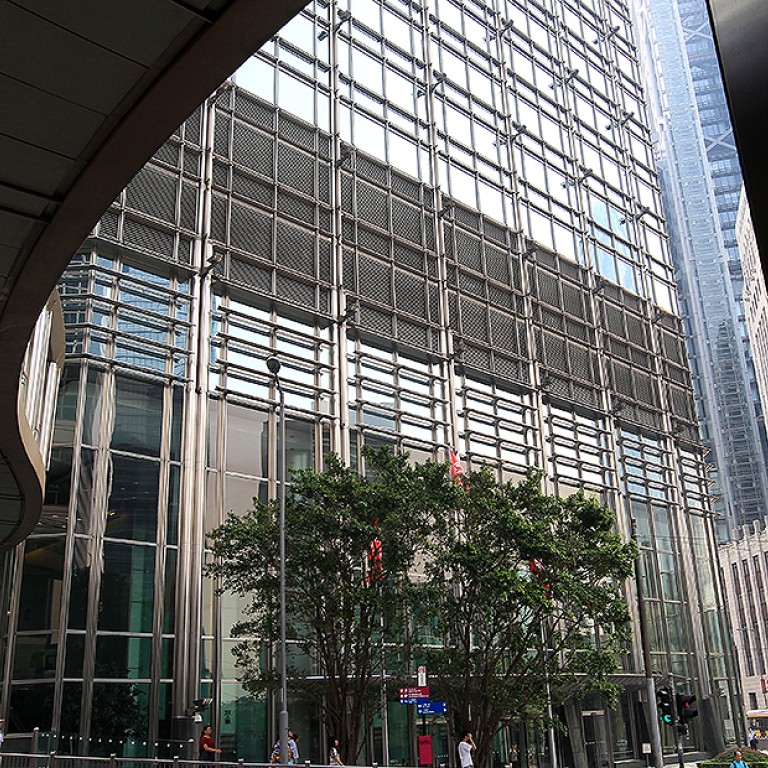
Integrity of capital markets relies on professional conduct
Brian Tang expects due diligence and disclosure from all industry players
Hong Kong's capital markets and its participants face a crossroads of opportunities and perils, underscored by recent developments that highlight three significant themes.
First, Hong Kong's regulators are very serious about holding the market's perceived gatekeepers accountable for the quality due diligence and disclosure on which investors depend. In January, the Securities and Futures Appeals Tribunal affirmed a 12-month ban on IPO sponsor Sun Hung Kai International for not exercising sufficient professional scepticism. And to augment the new regime, lawmakers will debate sponsor criminal liability later this year.
Company directors and officers are personally liable under the price-sensitive information disclosure regime introduced last year, and public accountants will soon face greater regulatory oversight.
Second, market participants are subject to increasing competition that has put pressure on deal execution and quality. WH Group's record 29 appointed bookrunners competing for the same pot of fees arguably hindered (rather than helped) its aborted IPO. And the debate over Alibaba's IPO listing venue certainly highlighted tensions between international stock market competitiveness and corporate governance.
Third, the current high-level focus on corporate corruption and fraud, such as the allegations against China Resources' former chairman, elevates concerns about expectations on gatekeepers to identify "red flags" and improprieties.
Since the global financial crisis, there has been a tremendous growth in financial legislation and regulation around the world to address misconduct and prevent another crisis.
Yet it's become clear that more rules alone are not enough and attention is turning towards business culture and conduct.
Institutional and retail investors rely on capital markets' integrity to give them confidence to price, invest and trade in securities.
Quality capital markets in turn rely on quality due diligence and disclosure by practitioners and gatekeepers, many of whom are in fact paid directly or indirectly by the same issuer company selling the securities.
Hence, practitioner professionalism is critical to capital market integrity. These professionals, who have pride in their technical expertise, must balance business self-interest with providing the best service to clients and responsibility to a broader community of investor stakeholders who rely on their work. To provide good advice on disclosure, deal structure, corporate governance issues and securities pricing, professionals must often be willing to ask hard questions and tell clients what they need to hear, not merely what they want to hear.
Traditionally, apprentices learned to exercise professional judgment on the job under their masters. In recent decades, globalisation, competition and shareholder ownership pressures have eroded professional standards.
Global capital markets would benefit greatly from a platform that re-emphasises professionalism to give voice to the shared value of market integrity.
It would bring together investment bankers, lawyers, accountants, investors and regulators, as well as corporate disclosure professionals such as directors, CEOs, CFOs, company secretaries and general counsel, who are ultimately responsible for timely disclosure of material information.
While such an industry-wide initiative faces tremendous challenges, it would help restore trust and reinforce Hong Kong as one of the world's leading international financial centres.
